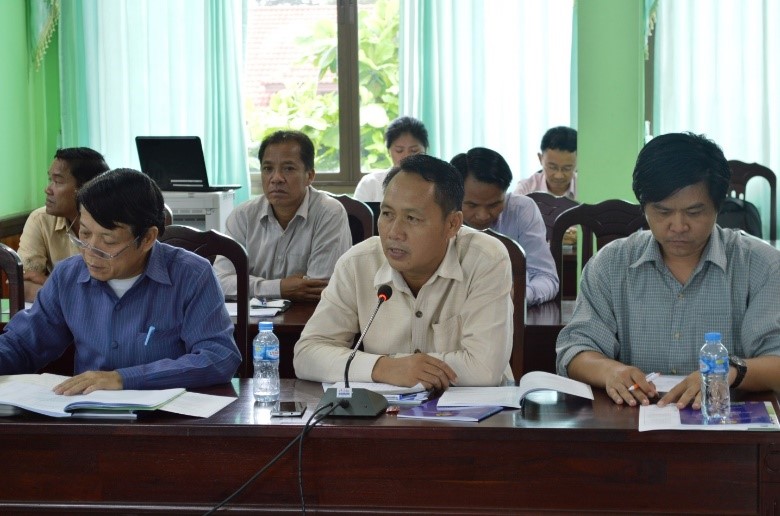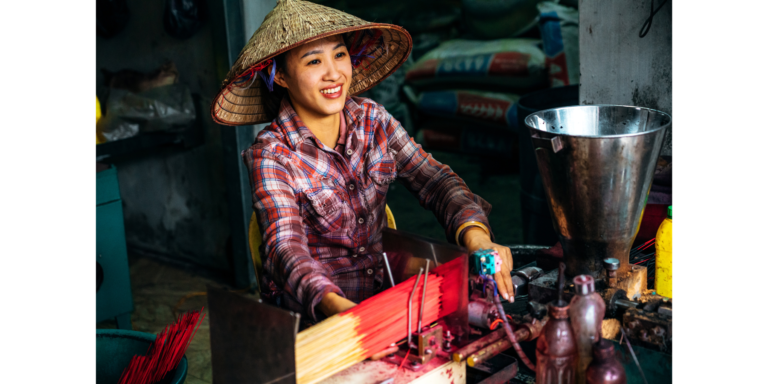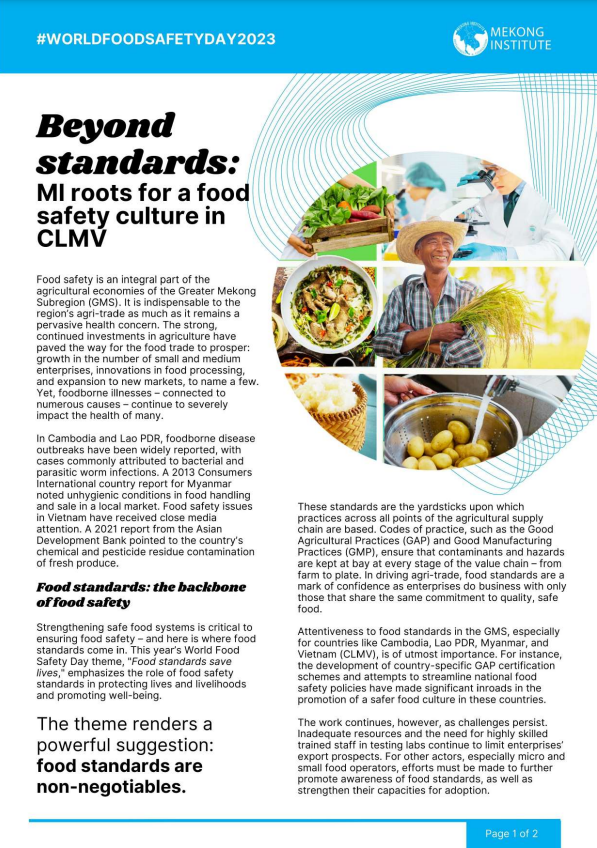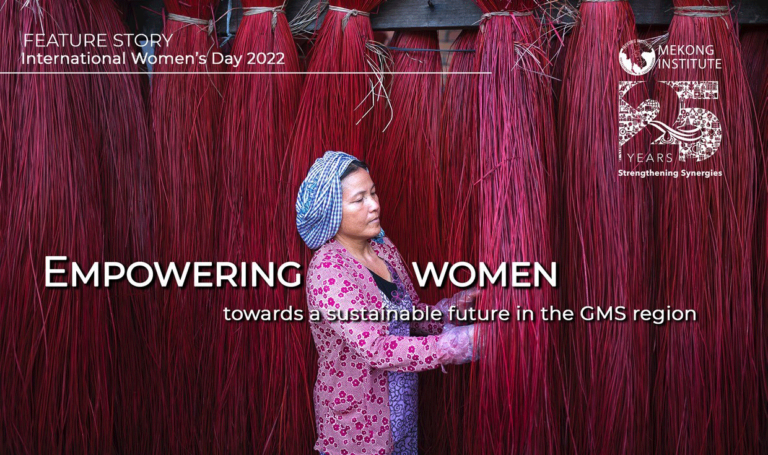
Rice millers are like the ties that bind.
In the rice farming industry, they play a significant role in integrating production improvements and market opportunities for farmers. In countries like Lao PDR where farming is confined largely among smallholder farmers and farmer groups, rice millers are central figures in the pre- and post-production activities of rice farmers.
The RLED-EWEC Project’s work with rice millers in Khammouane province of Lao PDR builds on this critical role. Guided by the Project’s vertical business linkage model, rice millers and farmers form a strong, mutually beneficial business relationship that transcends arm-length transaction. Rice millers work with seed-producing farmers who supply them with seeds that the former in turn sells to other farmers. When the harvest is ready, millers offer the farmers a fair market price for their rice. This business linkage has proved beneficial especially to smallholder farmers since not only do they have access to quality seeds but they also have better market opportunity for their product.

It is difficult to simply rely on the day-by-day buying and selling practice in the market. Because there are other rice sellers in the market, it is difficult for me to make sure that I have quality paddies for my mill and have the seed variety that the market needs,
he says.
So I decided to work with farmer groups because it is easier. It helps me save time and cost since I can only call the head of the group and he coordinates with the other members on the volume of seeds that I need,
he further explains when asked the reason why he joined the Project.
The farmer group also helps evaluate which of the members can supply the seeds in advance. He is also my focal point when it’s time to purchase the paddies.


This market modality that MI’s project introduced will be applied to new projects of the Lao Government in Khammouane and in other provinces.






